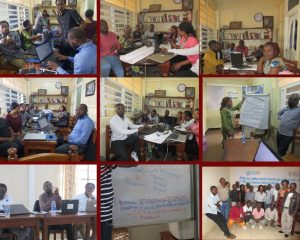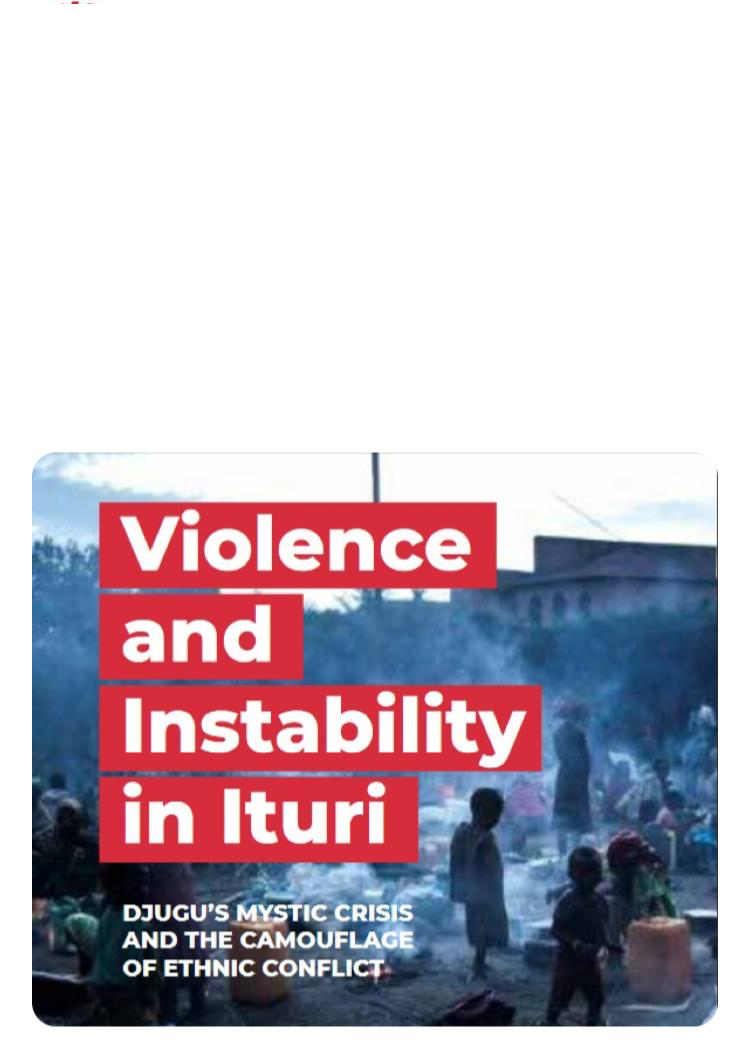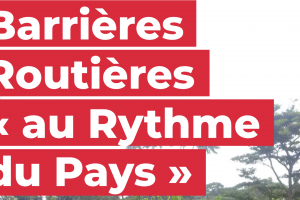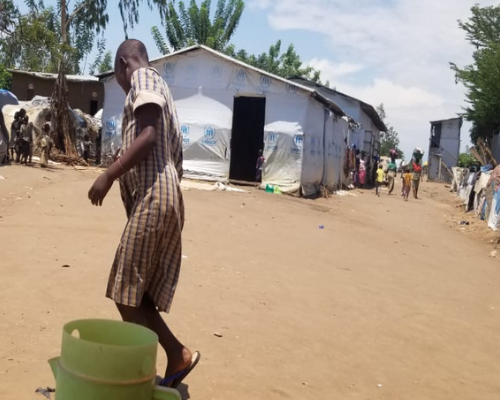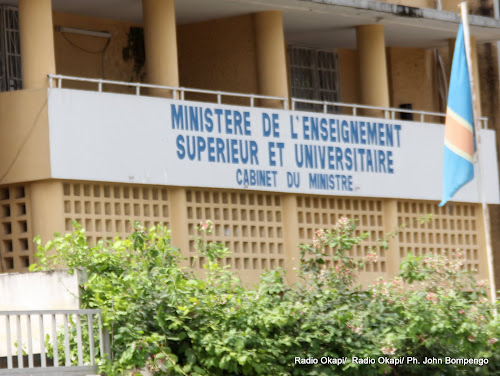If we can draw one overarching conclusion from violent conflict in eastern Congo, it is the growing disconnect between the existing international conflict response toolkit and the complexity of violent conflict on the ground.
The struggles for power over people, territory, and resources in the DRC take place at different scales (local, national, regional, international) and cut across diverse social and political networks. They often turn violent and their outcomes are often unpredictable, making insecurity and uncertainty central characteristics of eastern Congo’s political and social landscape.
Consequently, one-size-fits-all approaches to conflict resolution and management are unlikely to work. The overwhelming yet under-addressed need to manage conflict complexity, including transnational dynamics and the proliferation of non-state actors in conflict, is at the core of current policy debates about types and ranges of interventions by international and regional organizations and has particular relevance for stabilisation efforts in the DRC.
Driven by the aim to bridge this gap, the Insecure Livelihoods Series publishes independent, regular and field-driven information and analysis on the complexity of conflict and security. The Insecure Livelihoods reports are based on independent, non-partisan collaborative research and co-published by the Governance in Conflict Network (GIC), Conflit Research Group (CRG, Ghent)) and the Groupe d’Etudes sur les Conflits et la Sécurité Humaine (GEC-SH, Bukavu).
Using a socio-anthropological approach to violent conflict, the Insecure Livelihoods Series start from the recognition that the causes of violent conflict are to be located in numerous interconnected socio-cultural, economic, and political factors, and is designed to capture this complexity. The project focuses on the strategies employed by actors who possess the capacity to mobilise social groups around political and socio-economic issues and who may thus function as either driving or mitigating actors of conflict. The series recognises that in eastern Congo, conflict and violence are often linked to the competition between different power networks. over resources, territory and political authority. A key characteristic of these networks – as is the case with the networks of the Congo wars – is that they are unstable, changing, and constantly adapting and multi-scalar in essence. The Insecure Livelihoods Series therefore acknowledges that while violent conflicts are often localised, they are closely linked to national, regional, and international dynamics.
Report: Violence and Instability in Ituri
This first report analyses the string of attacks in and around Djugu territory in Ituri since late 2017. Based on both historical and recent conflict analysis, it finds recent and concrete triggers of the ongoing crisis, nonetheless rooted in protracted tension over land, livelihood and territory, often framed in ethnic binaries.

